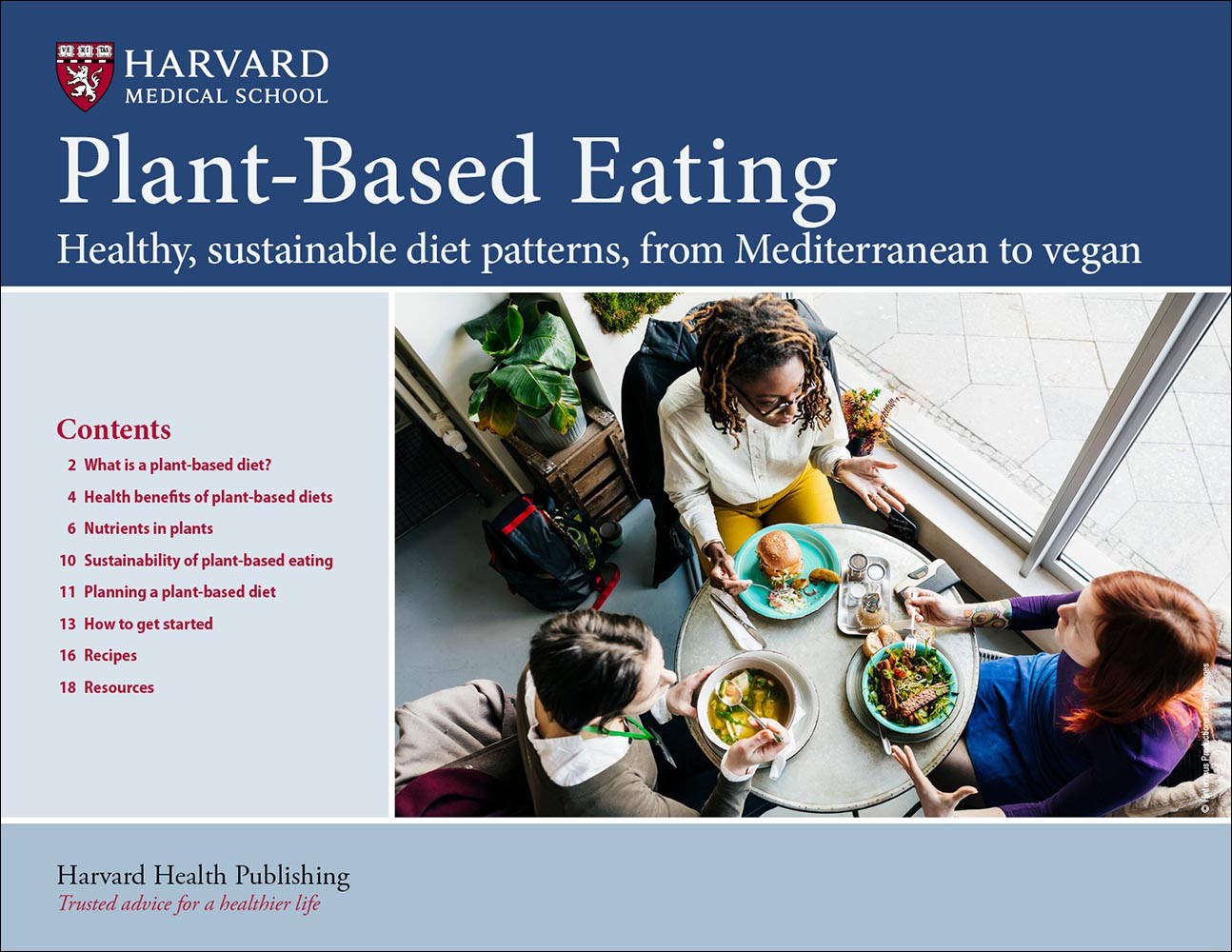Cutting meat intake by a third could reduce rates of heart disease
Research we're watching
- Reviewed by Christopher P. Cannon, MD, Editor in Chief, Harvard Heart Letter; Editorial Advisory Board Member, Harvard Health Publishing

Rates of cardiovascular disease, diabetes, and colon cancer would fall substantially if people ate less red and processed meat, according to a report in the July 2024 Lancet Planetary Health.
Previous research suggests that eating red meat (such as hamburgers and steak) and processed meat (such as hot dogs, deli meat, and bacon) raises the risk of common chronic diseases.
Researchers used data from two nationwide nutrition surveys and a simulation model based on 8,665 representative Americans to estimate how cutting back on meat could lower heart disease, diabetes, and colon cancer rates.
The findings suggest that if American adults cut their consumption of both red and processed meat by 30%, that could prevent an estimated 382,400 cases of cardiovascular disease over a 10-year period. For processed meat, that would translate to cutting back from an average of just over two servings to 1.4 servings per week. The red meat reduction would be from 3.7 to 2.8 servings per week. (A serving of meat is 3 ounces.)
Image: © Klaus Vedfelt /Getty Images
About the Author

Julie Corliss, Executive Editor, Harvard Heart Letter
About the Reviewer

Christopher P. Cannon, MD, Editor in Chief, Harvard Heart Letter; Editorial Advisory Board Member, Harvard Health Publishing
Disclaimer:
As a service to our readers, Harvard Health Publishing provides access to our library of archived content. Please note the date of last review or update on all articles.
No content on this site, regardless of date, should ever be used as a substitute for direct medical advice from your doctor or other qualified clinician.
















